Mansar Lake : Nature’s poetry penned in water and hills
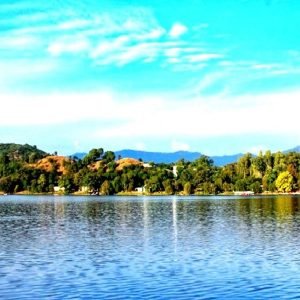
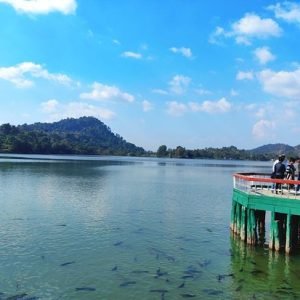
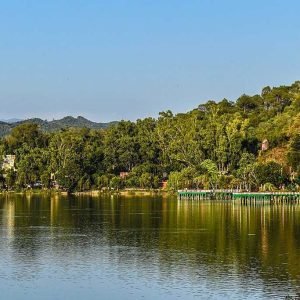
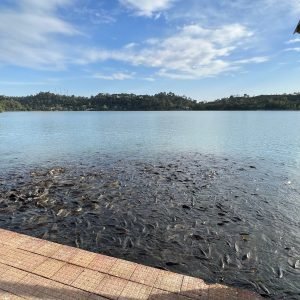
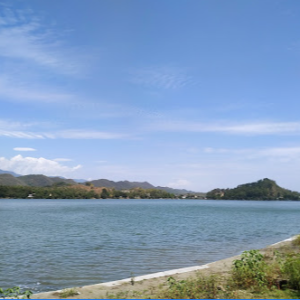
Table of Contents
Toggle1. Introduction
Mansar lake is one of the picturesque freshwater lakes located in north India and is about 62 kilometers from the city of Jammu. The lake rubs the upland dense forested hills in an area that stretches for about 1.5 kilometers with pristine land occupying every inch. There are some peaceful sceneries waiting to be captured by the tourist.
The lake is as much of an abode of pilgrims due to the associations it bears with ancient legends and religious practices as it is a peaceful sojourn for tourists. The Mansar Lake holds great importance for Hindus and is surrounded by thousands of devotees every year thronging the temples around it. The lake is also a haven for nature lovers, an escape into the wilderness with opportunities galore for bird watching, trekking and exploring the richness of biodiversity in the region.
2. Geographical Location and Accessibility
Mansar Lake is located in the Udhampur district of the Jammu and Kashmir state at an elevation of about 666 meters above sea levels. Since it is relatively close to Jammu, which is generally well connected with other parts of India, the destination is easily accessible for both domestic and international tourists.
2.a. How to Reach Mansar Lake
i. By Air: The nearest airport is Jammu Airport located about 65 km from Mansar Lake. Taxi or bus facility is available to reach the lake from the airport.
ii. By Rail: The nearest railway station is Jammu Tawi. It can be reached from the place that is at a distance of about 60 kilometers from Mansar Lake. The station connects the major cities such as Delhi, Chandigarh, Amritsar and others.
iii. By Road: Mansar Lake is well connected by road and can easily be reached by a cab or local bus, or even car from Jammu. Roads are quite scenic as it passes through the dense forest and small villages. It would take about 1.5 to 2 hours from Jammu to reach the lake.
2.b. Best Time to Visit
The best season to visit Mansar Lake would be during October and March, as the weather is cool and pleasant. The region is familiarized with mild winters during these months, making it ideal for visiting and other outdoor activities. During July through September, which marks the monsoon period, the surrounding forests go greener and the lake fills up. It’s a very good period to visit Mansar Lake. During the summer months from April through June, it can be pretty hot and touch 40°C or more.
3. Cultural and Mythological Significance
Mansar Lake holds great cultural and mythological value that dates back to ancient days. It is reported as one of the sites in most ancient Hindu scriptures and is believed to be connected to Manas Sarovar Lake, the sacred water body in Tibet. Mansar Lake is thus considered as the earthly version by most people.
3.a. Myths and Folklore
One of the most popular legends associated with Mansar Lake is from the Mahabharata, according to which it was created by Arjuna, one of the five Pandavas, as his arrow pierced the earth and water sprang forth to quench the thirst of his army. Some even believe that Mansar Lake came into being when Lord Sheshnag, the serpent god, carved out the lake bed using his powerful coils.
The local folk traditions speak of the lake as being a place where bathing in the water washes away sin and purifies the soul. A holy dip at Mansar Lake along with blessings at the various temples surrounding the lake attracts a large number of devotees to it, such as at the Sheshnag Temple and the Umapati Mahadev Temple.
4. Ecological and Environmental Importance
Mansar Lake is of prime significance in the entire region’s ecological profile. It houses a vast variety of flora and fauna. This place is an absolute hub of habitat for various species of aquatic life as well as birds.
4.a. Flora and Fauna
i. Flora: The deciduous and coniferous trees will thrive around the lake due to the dense forest cover. There is significant biodiversity in the area primarily because of the species of plants that dominate the nearby forests. Medicinal plants and herbs abound in the surrounding hills and have been used for ages in traditional remedies.
ii. Birdlife: Mansar Lake is a haven for bird enthusiasts. Several migratory species have been known to visit this lake during the winter months. Mallards, teals and other such waterfowl are frequently observed. In addition, a few species of kingfishers and herons are also present.
iii. Aquatic Life: The lake has the richest aquatic life. Angling is a significant source of fishing activity for a local and one can find various fish species, including mahseer and cat fish in this lake.
iv. Wildlife: This area has many animals like leopards, deer, wild boars and foxes. Mansar Wildlife Sanctuary nearby serves as the protected habitat to several of them.
4.b. Conservation Efforts
Mansar Lake is classified as a Ramsar Wetland site, thus, receiving worldwide recognition. Both local authorities and international bodies have tended to the lake over the years through conservation efforts aimed at safeguarding the aesthetics of the environment and its ecologic importance.
5. Tourism and Attractions Around Mansar Lake
Mansar Lake is as interesting as it is beautiful. Mansar Lake offers several activities and attractions for the visitors. Most importantly, a boat ride through the lake and visiting nearby temples and sanctuaries would provide someone with an experience beyond a thousand words.
Boating is the most favorite activity in Mansar Lake. One can hire paddle boats or even rowboats to explore the serene waters of the lake. Boating amidst the surrounding forested hills, with the blue sky reflected on the surface of the lake forms a peaceful and scenic experience.
5.a. Temples and Sacred Sites
Ancient temples are scattered all over this area, creating places for pilgrims and tourists alike.
i. Sheshnag Temple: On the banks of the lake are the temples dedicated to Sheshnag, the serpent king. According to legend, Sheshnag lives in the lake and grants good health and prosperity.
ii. Umapati Mahadev Temple: This Shiva Temple is one of the other important places of piligrimage around Mansar Lake. Worshippers or devotees come to this temple to pray for leads to blissful married life and long life.
5.b. Wildlife Sanctuaries and Trekking Trails
Mansar Wildlife Sanctuary is located near the lake. It houses several species, including spotted deer, sambhar and langurs. Birdwatchers can spot here various species of migratory and local birds.
There are treks around Mansar Lake that go through a number of valleys and forests, although one notices that there are enough trekking trails, some easy and some challenging, for both first-time and experienced trekkers.
6. Local Culture and Cuisine
6.a. Culture
Mansar Lake is not only replete with natural beauty but also in cultural heritage. The local population, predominantly comprising Dogras, has a distinct cultural identity. The region hosts many festivals, which forms part of the local culture with traditional folk dances, music and rituals.
6.b. Local Cuisine
Local cuisine surrounding Mansar Lake is a reflection of the traditional flavors and delicacies of Jammu and Kashmir. Some of the leading preparations include:
i. Rogan Josh: It is a lamb recipe prepared with flavor spices which will take its time to infuse into the sense buds.
ii. Rajma Chawal: Red kidney beans are first cooked in a gravy of tomato. Then, accompanied with steamed rice.
iii. Kaladi: Local cheese prepared traditionally using cow milk is generally grilled and made as a snack.
There are roadside shops, too, selling mouth-watering savory street food items like kachalu (spiced potatoes) and kalari kulcha (a type of sandwich having local cheese).
7. Travel Tips
7.a. Accommodation Options
While Mansar Lake makes for a day-trip destination from Jammu for many, there is enough stay option around the lake to linger a bit longer. These include budget guest houses as well as more comfortable resorts. The ones that are popular would be Mansar Lake Tourist Complex, which offers comfortable lodging with scenic views of the lake .
7.b. Dos and Don’ts
i. Do: Be respectful of the religious values of the lake and temples. Dress modestly while visiting religious monuments.
ii. Don’t: Don’t litter the lake area. Mansar Lake is a sensitive ecosystem and it is advised that visitors follow eco-friendly behaviour.
iii. Do: Pack some binoculars and a camera if you’re an avid birdwatcher or wildlife photographer.
8. Conclusion
Mansar Lake is a blend of nature with spirituality experience. If you are fond of nature, history or spiritual calling, then Mansar Lake is the place for you. The soothing surroundings and mythological values along with diversified biodiversity make this place a favorite destination for visitors in Jammu and Kashmir.
How to book a trip to Mansar Lake, India with Charzan Holidays?
For a seamless and exceptional booking experience, contact Charzan Holidays at reservations@charzan.in or call us at +919622224473
People ask FAQ's
1. What is Mansar Lake famous for?
Mansar Lake is a popular destination in Jammu, known for its beauty, religious importance and wildlife. The place is a pilgrimage center with temples, such as the shrine of Sheshnag. Nature lovers have found the forests near the lake extremely alluring and the annual Baisakhi festival attracts many visitors.
2. In which district is Mansar Lake situated?
Mansar Lake is situated in the Samba district of Jammu and Kashmir, India. It is 62 kilometres from Jammu. Thus, it attracts both the tourists as well as the pilgrims. The majestic beauty of these green hills and lush forests beside the lake have rendered it a sacred place with temples dedicated to Sheshnag and other deities.
3. What is the myth of Mansar Lake?
Mansar Lake is said to be associated with King Aniruddha, who was allegedly cursed by the great serpent king Sheshnag. The only way out was said to be penance near the lake. Mansar is said to be sacred and worshipping at such a place. Associated with an ancient legend it is said to have power because it reflects a certain divinity.
4. Is Mansar Lake worth visiting?
Yes, the serene beauty, lush surroundings and religious significance of Mansar Lake make it a must-visit destination. The waters are perfect for boating and one can spot various fauna through the Mansar Wildlife Sanctuary. A sacred site too, as there are temples in its vicinity that attract pilgrims, thereby, making it a peaceful yet culturally rich destination to visit.
Frequently Asked Questions
1. What is Mansar Lake? | |
| Mansar Lake is a picturesque freshwater lake located near Jammu in Jammu and Kashmir. It is known for its scenic beauty, spiritual significance, and vibrant biodiversity. | |
2. How do I reach Mansar Lake? | |
| Mansar Lake is approximately 62 kilometers from Jammu. You can reach the lake by car or taxi, which takes about 1.5 to 2 hours. Local buses are also available from Jammu. | |
3. What are the main attractions near Mansar Lake? | |
| Attractions include the serene waters of the lake, temples such as the Mansar Devi Temple, scenic walking paths, and opportunities for boating and picnicking. | |
4. When is the best time to visit Mansar Lake? | |
| The best time to visit is from March to October, when the weather is pleasant and the natural beauty is at its peak. | |
5. Is Mansar Lake safe for tourists? | |
| Yes, Mansar Lake is generally safe for tourists. However, it’s always wise to stay updated on local conditions and follow any travel advisories. | |
6. Are there accommodations near Mansar Lake? | |
| Yes, there are several accommodation options near the lake, including guesthouses, hotels, and camping facilities. | |
7. What activities can I do at Mansar Lake? | |
| Visitors can enjoy boating, fishing, birdwatching, picnicking, and exploring the surrounding areas on foot or by cycling. | |
8. Is public transportation available to Mansar Lake? | |
| Yes, local buses and shared taxis run from Jammu to Mansar Lake. However, hiring a private taxi can offer more convenience. | |
9. What should I pack for a trip to Mansar Lake? | |
| Pack comfortable clothing, sunscreen, a camera, snacks, water, and any boating or fishing gear you may need. | |
10. Are there local customs to be aware of? | |
| Yes, it’s important to respect local customs and traditions, particularly when visiting temples or interacting with locals. | |
11. Is Mansar Lake suitable for families? | |
| Yes, Mansar Lake is family-friendly, offering a safe environment for children and a variety of activities for all ages. | |
12. Can I find food options near Mansar Lake? | |
| Yes, there are several eateries and food stalls near the lake offering local cuisine and snacks. | |
13. Are there guided tours available for Mansar Lake? | |
| Yes, local guides can be hired for tours, providing insights into the lake’s ecology, history, and cultural significance. | |
14. What is the nearest city to Mansar Lake? | |
| The nearest major city is Jammu, which serves as the main hub for travelers heading to Mansar Lake. | |
15. Can I visit Mansar Lake in winter? | |
| Yes, you can visit Mansar Lake in winter, but be prepared for colder temperatures. The area can be less crowded during this season, offering a tranquil experience. |


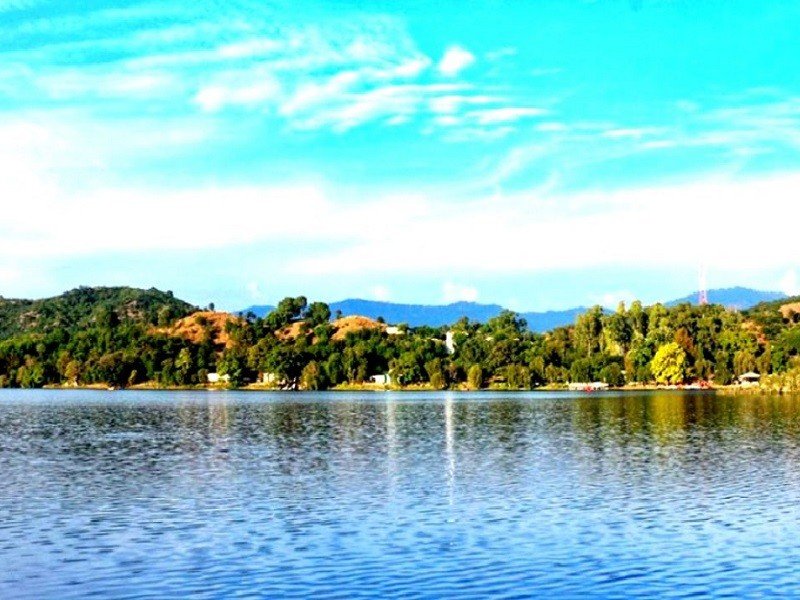
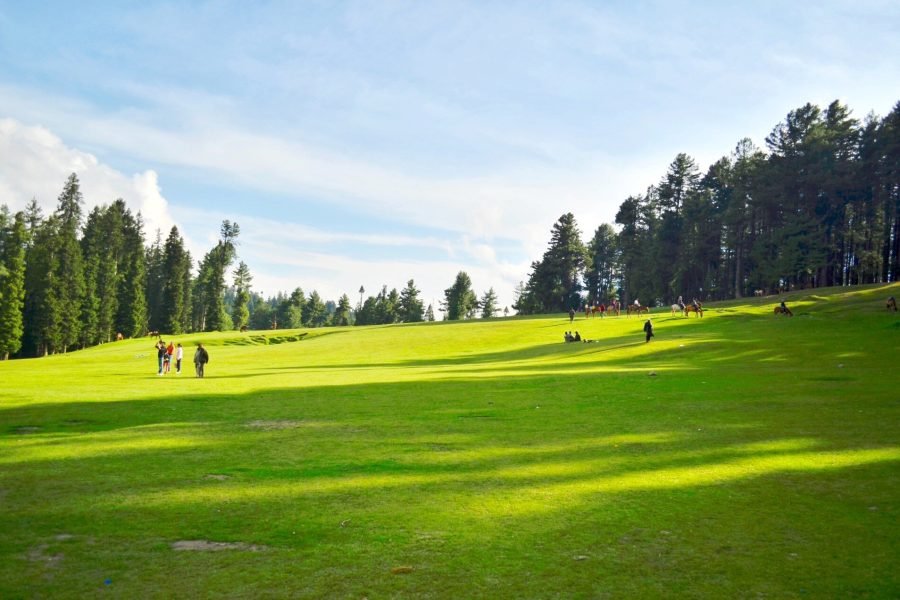
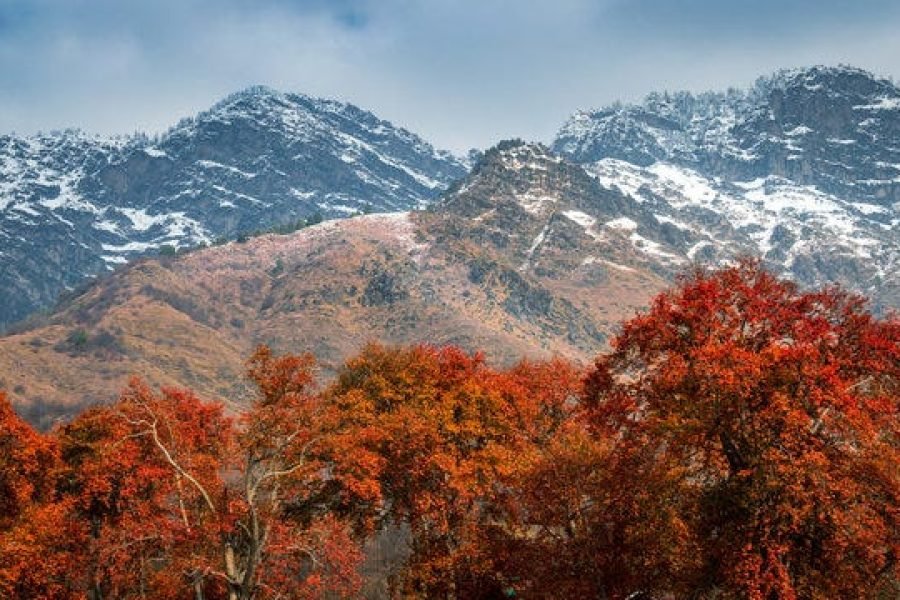
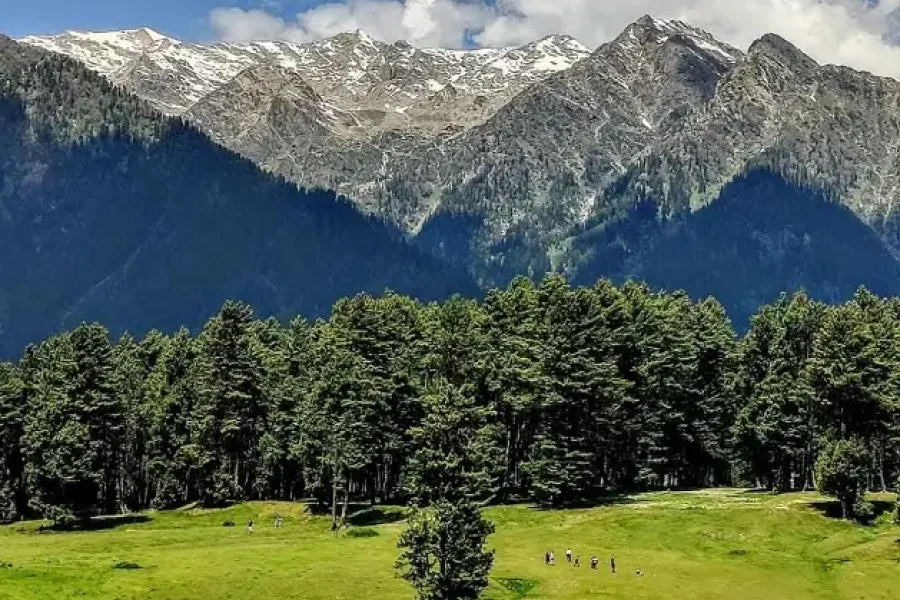
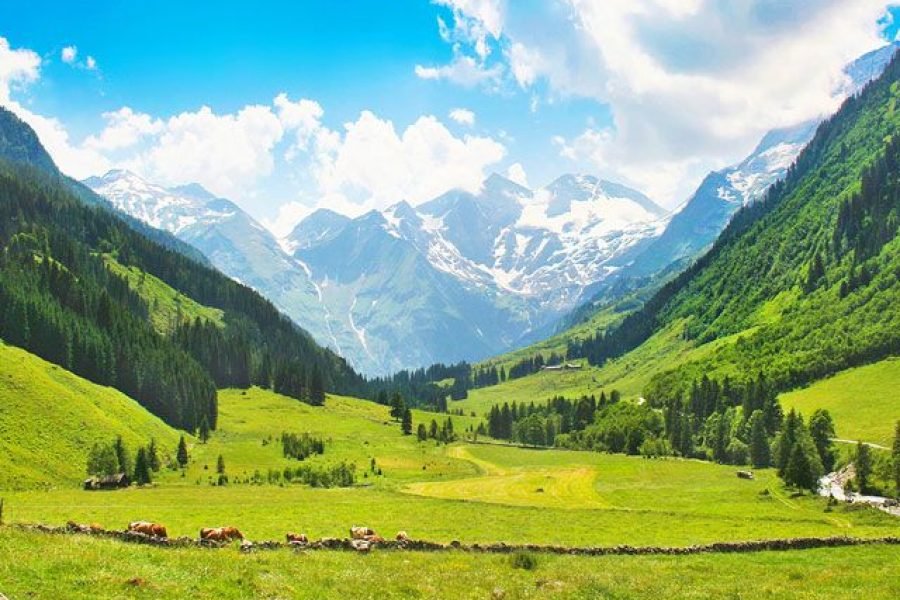
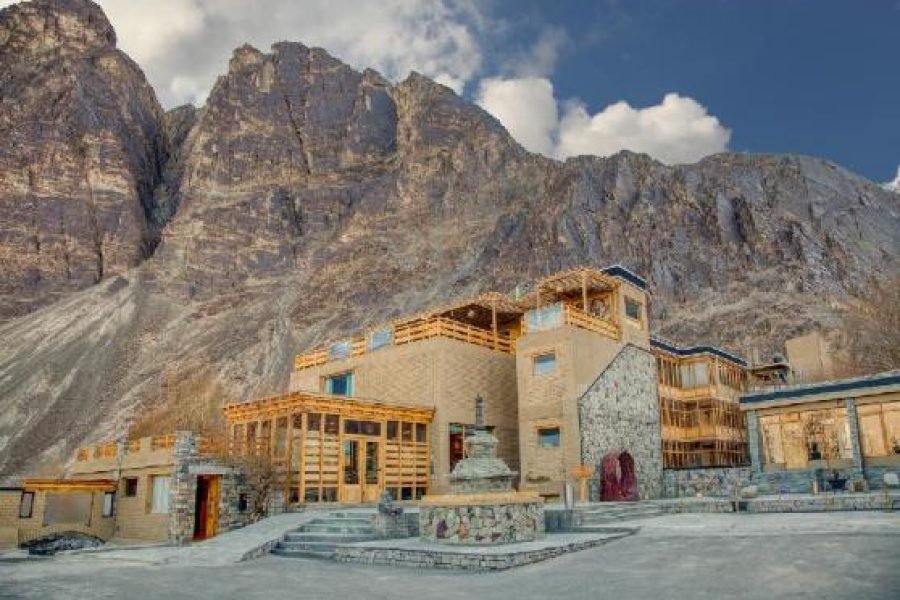
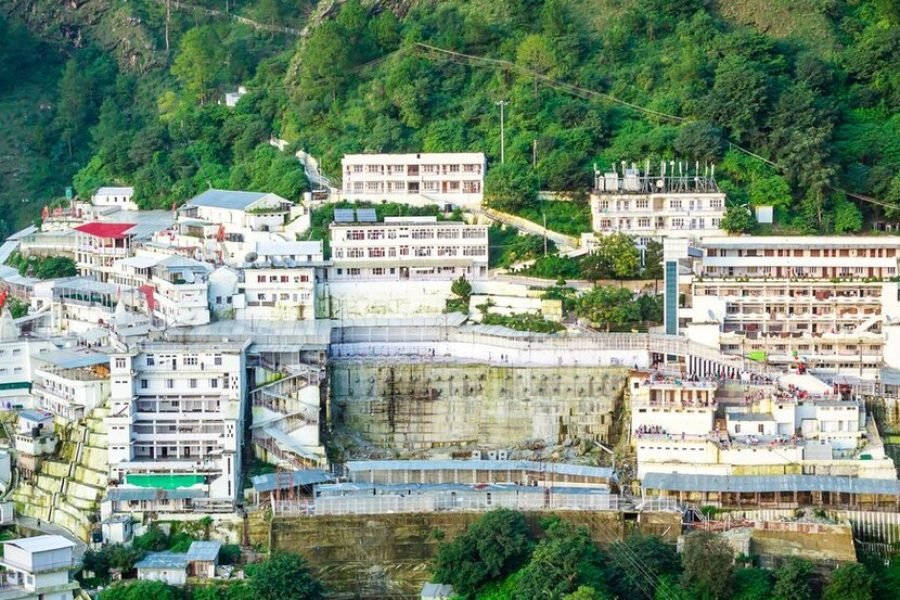
0 Comment